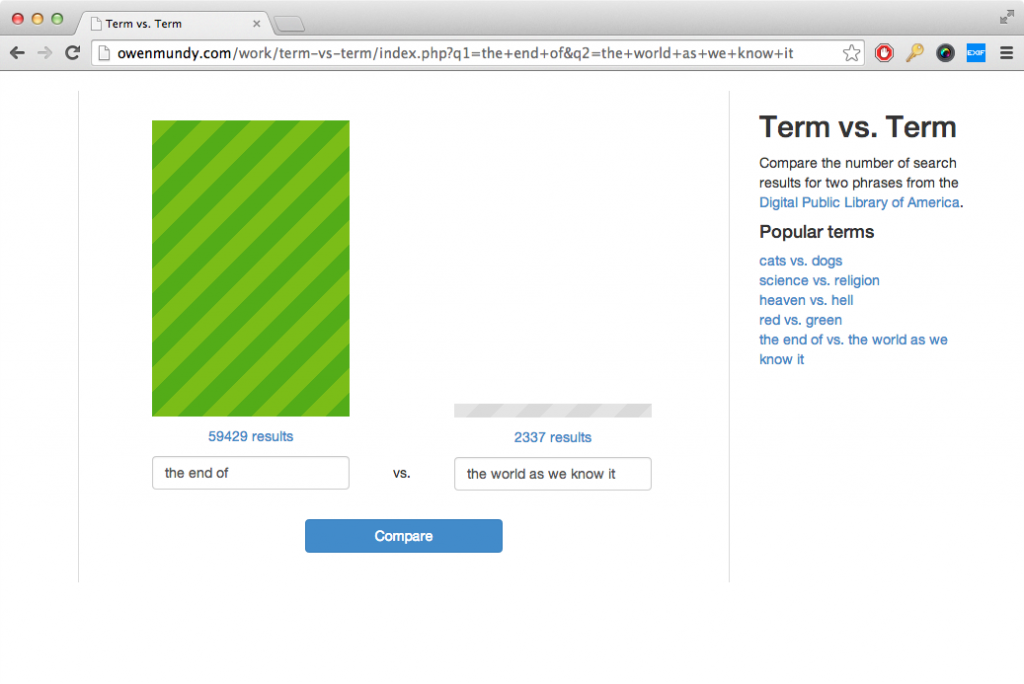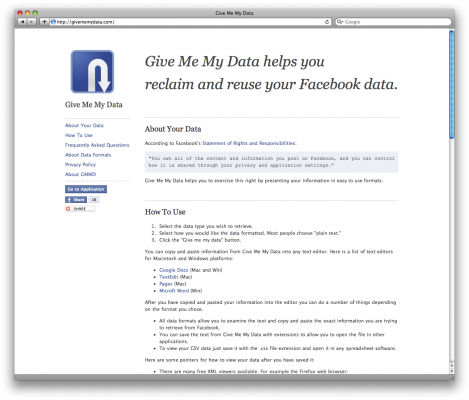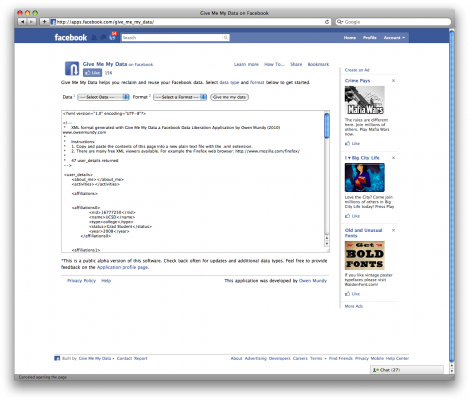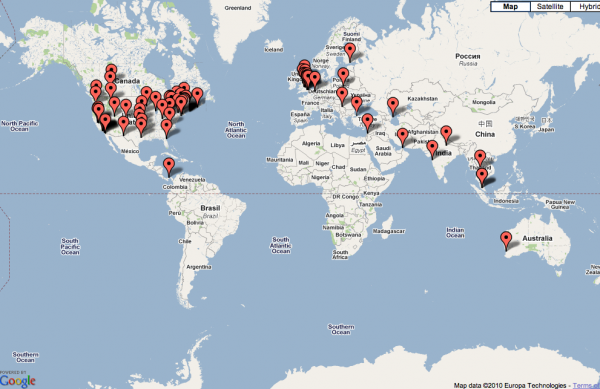I made a small app to compare the number of search results for two phrases from the Digital Public Library of America for a hackathon / workshop here at Florida State next week.
http://owenmundy.com/work/term-vs-term
Digital Humanities Hackathon II – Digital Public Library of America
Monday, April 21, 2:00-3:30 p.m.
Strozier Library, Scholars Commons Instructional Classroom [MAP]The Digital Scholars Reading and Discussion Group will simulate its second “hackathon” on April 21, allowing participants to learn more about the back-end structure of the Digital Public Library of America. With its April 2013 launch, the DPLA became the first all-digital library that aggregates metadata from collections across the country, making them available from a single point of access. The DPLA describes itself as a freely available, web-based platform for digitized cultural heritage projects as well as a portal that connects students, teachers, scholars, and the public to library resources occurring on other platforms.
From a critical point of view, the DPLA simultaneously relies on and disrupts the principles of location and containment, making its infrastructure somewhat interesting to observe.
In this session, we will visit the DPLA’s Application Programming Interface (API) codex to observe some of the standards that contributed to its construction. We will consider how APIs function, how and why to use them, and who might access their metadata and for what purposes. For those completely unfamiliar with APIs, this session will serve as a useful introduction, as well as a demonstration of why a digital library might also want to serve as an online portal. For those more familiar with APIs, this session will serve as an opportunity to try on different tasks using the metadata that the DPLA aggregates from collections across the country.
At this particular session, we are pleased to be joined by Owen Mundy from FSU Department of Art and Richard Urban from FSU College of Communication and Information, who have considered different aspects of working with APIs for projects such as the DPLA, including visualization and graphics scripting, and developing collections dashboards.
As before, the session is designed with a low barrier of entry in mind, so participants should not worry if they do not have programming expertise or are still learning the vocabulary associated with open-source projects. We come together to learn together, and all levels of skill are accommodated, as are all attitudes and leanings.
Participants are encouraged to explore the Digital Public Library of America site prior to our meeting and to familiarize themselves with the history of the project. Laptops will be available for checkout, but attendees are encouraged to bring their own.




